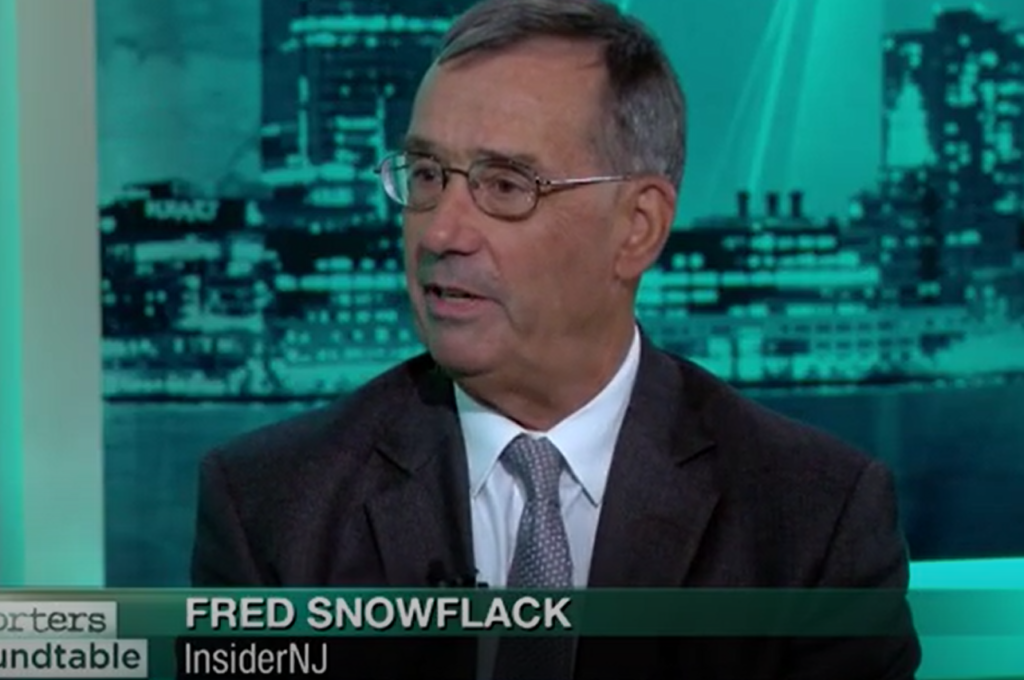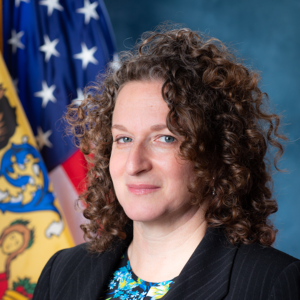Fred Snowflack is a long-time journalist and political commentator. This was originally published in InsiderNJ.
School board elections are officially “non-partisan,” but don’t believe it.
The political polarization of the day has turned some heretofore sleepy boards of education into political war zones. OK. That’s a bit of an exaggeration, but in some locales in New Jersey and across the nation, not by much.
Fueled by conservative anger over a “woke” public school curriculum, Republicans have brought lesson plans into the political arena. This includes not only unease with some aspects of sex education, but also unhappiness with “critical race theory.”
One result of all this is that GOP candidates across the land are talking about “parental rights” when it comes to education. This is a rather benign sounding shorthand for demanding that schools more or less teach what parents want their kids to learn.
This is relevant right now, because [July 25th was] the filing deadline for school board candidates looking to run for seats in the November election. It is an odd time for candidate filings – smack in the middle of summer – but that’s the system.
One man paying attention is John Flora, the mayor of Fredon Township in Sussex County. He is also a former school board president and more recently was a Republican candidate for Congress in the CD-7 primary.
Flora is not mincing words. In a recent statement, he says:
It is more important than ever to have conservative representation on our local school boards to protect our children from the woke curriculum agenda and the outrageous spending supported by the state’s biggest, most powerful public sector union, the New Jersey Education Association.
Flora goes on to complain about a system that teaches students to “hate America.”
Some will see this rhetoric as far removed from reality, but that’s not the point. It can be effective in galvanizing people who normally do not pay attention to school board elections. Candidates running on these ideas last year had mixed success.
Every election, of course, is a new game so to speak, so it will be interesting to see how many candidates surface in line with Flora’s goal to “protect our children.”
Purists may be uncomfortable with raw politics engulfing school board elections. That’s a valid point, but let’s remember that special interest groups have long been involved in backing candidates in school elections.
Flora also raised a more bipartisan point. He wants to return the school election to April. The election was switched from April to the fall during the Christie years, ostensibly to save money. It was also true that turnout in the April election tended to be abysmal.
That wasn’t all. The April election also gave residents a chance to vote on the upcoming year’s budget – the one that began July 1. In the old days, a defeated budget was reduced – at least somewhat – by the municipal governing body. A November election, coming as it does when the school year is two months old, makes a budget vote impossible.
Doing away with the budget vote has been great for school boards who no longer have to worry about those pesky voters derailing their spending plans. Some municipal leaders didn’t like cutting school budgets either, because that could be controversial.
Flora’s plan would give voters more power, but that doesn’t mean it’s going to happen.




